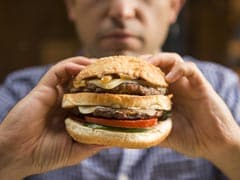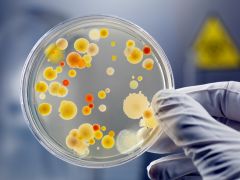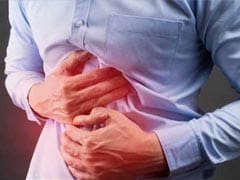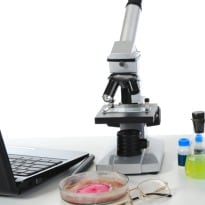


Along with tooth decay, chocolates and chewing gums may harm your intestine, suggests a new study.

The researchers stimulated different types of vagal neurons in mice, which led them on to discover that intestinal stretch sensors could tell even hungry mice when their stomachs were full. The findings were published in ...

According to a latest study, a meal packed with a lot of fat and grease may silence the communication between the intestine and the rest of your body.

If you have ever came across an Instagram reel on mutton chusta, this little guide will help you understand what it is and what it tastes like.

It's a well-known fact that probiotics are good for you - they help with weight-management, lower blood pressure and are also recommended for those with Type 1 diabetes. So it's not surprising when new research ...

Scientists have found that intestinal nitrogen plays a key role in regulating gut microbes, a finding that may help better understand how our diet impacts the microbiota.

A new study has now said that regulating gut microbiota may also help in alleviating anxiety- a condition characterised by excessive and persistent worry and fear about everyday situations.

Following "fasting-mimicking diet" may help in reducing stomach troubles like intestinal inflammation. Additionally, the diet is capable of increasing the production of intestinal stem cells and beneficial gut microbiota.

Some of the food we consume is shared with microbes populating our digestive tracts and they promote the absorption of dietary fats in the intestine leading to metabolism in the body, a US study says.The ...

The staggering number of good bugs in our lower intestine not only ensure good health but may also help ward off diabetes, researchers say.These bugs help us digest our food and provide us with energy ...